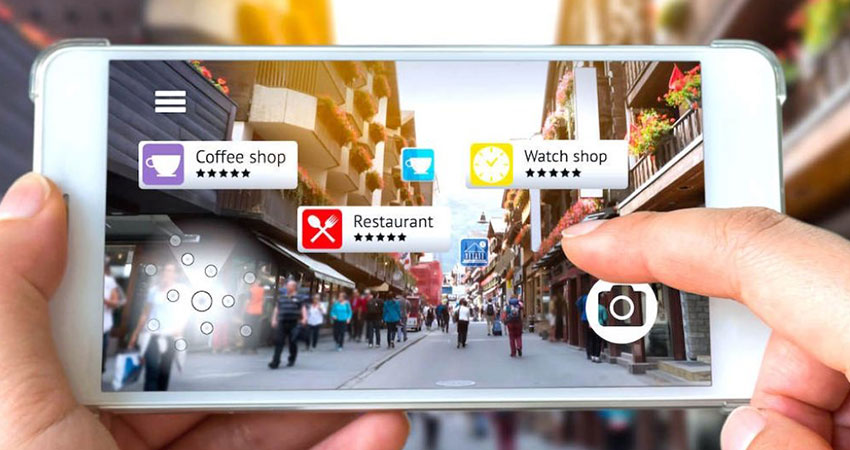Consumers are rapidly becoming more sophisticated, tech savvy and driven to engage and interact with companies who treat them as such. And those needs and desires advance alongside technology advancements. Therefore, brands that hope to keep pace must invest in efficient, effective technology to enhance the way they connect with their market.
Augmented reality is one of the biggest tech trends in marketing, and experts say it’s only expected to rapidly increase. Augment reality marketing allows brands to give their customers unique experiences that are convenient, smart and accessible.
Let’s explore what AR marketing is all about, what it can mean for your business and how it fits into today’s retail and ecommerce environment.
What Is Augmented Reality Marketing?
A basic definition is, integrating AR technology to embed and embody marketing content in a customer environment. Alternatively, it can be thought of as a marketing or sales strategy that allows brands to help consumers interact with them and make smarter purchasing decisions and reduce returns.
The Major Benefits
Many proponents of augmented reality marketing believe it can increase sales, drive home the importance of brand value and create unique customer experiences. But what are its benefits, and how are companies implementing these tactics?
Try Before You Buy
With AR, the concept of trying on things looks a bit different. Shoppers can model a wide range of products without a company needing to stock a large physical inventory.
Augmented Branding Materials
Augmented reality marketing allows branded materials to be scanned, viewed and virtually augmented to make typically static elements more dynamic. For example, a business card can use AR to provide a variety of contact options when scanned, or a brochure can be used as a virtual gateway to highlight information being conveyed with video.
Brand Buzz via Augmented Reality Tactics
Indirect sales and marketing strategists can also utilize AR technology. By creating a fun AR experience, brands can create much-needed buzz. For example, Uber created an AR campaign in Zurich that allowed riders to use AR in a fun way, resulting in over 1 million YouTube views. Other big brands like Pepsi have also utilized AR for buzzworthy, indirect marketing tactics.
Immersive, Interactive Experiences with a Personal Touch
Augmented reality marketing allows consumers to give a personal touch to online content with the help of customized apps and other provided materials. Consider the example of shopping in a supermarket. Using a smartphone AR app, consumers can screen what prices might be on sale, what coupons might be available, and what buying combinations might make sense.
Further, AR marketing can help marketers drive value by creating tailored, personalized content that fits the unique needs of each consumer.
Aid in Customer Buying Decisions
Immersive, interactive AR can help marketers measure engagement. Typically, brands that use new technology which surprises and wows shoppers end up being their first choice.
The future of augmented reality marketing looks bright, especially when combined with other technologies like machine learning and the Internet of Things (IoT).
Augmented reality is more than just useful for the gaming and entertainment industries. It presents real, tangible solutions to help drive sales and create marketing innovations. It can also help forward-looking retailers and brands offer consumers customized experiences that can drive growth.
Daniel Browning is the Business Development Coordinator at Do Supply Inc

